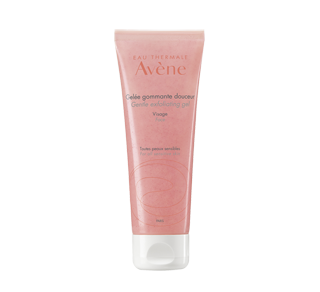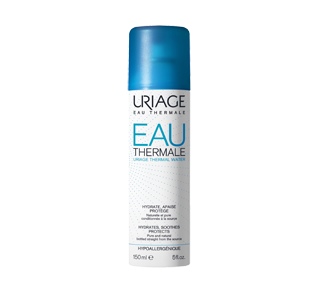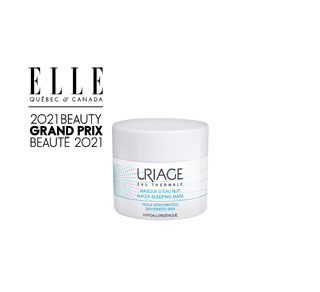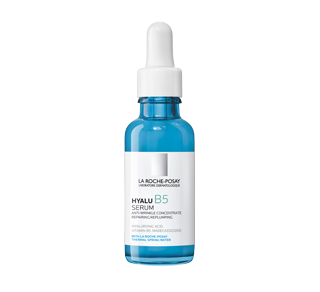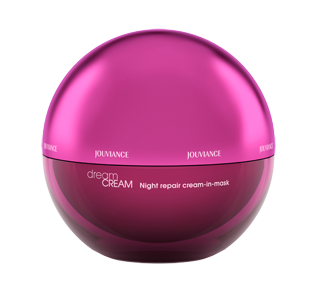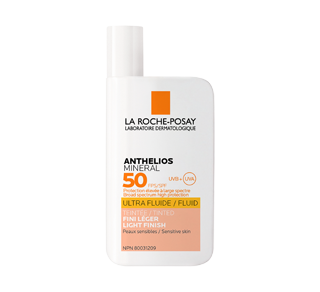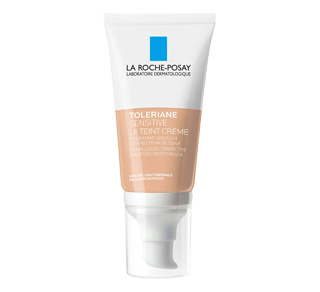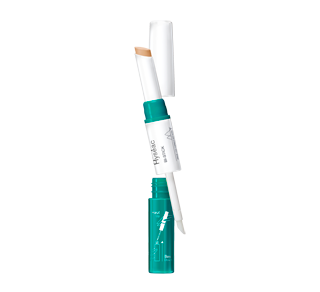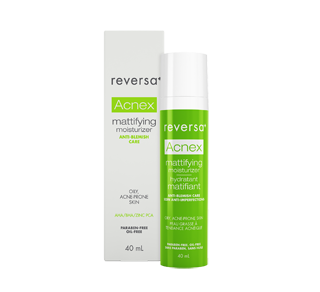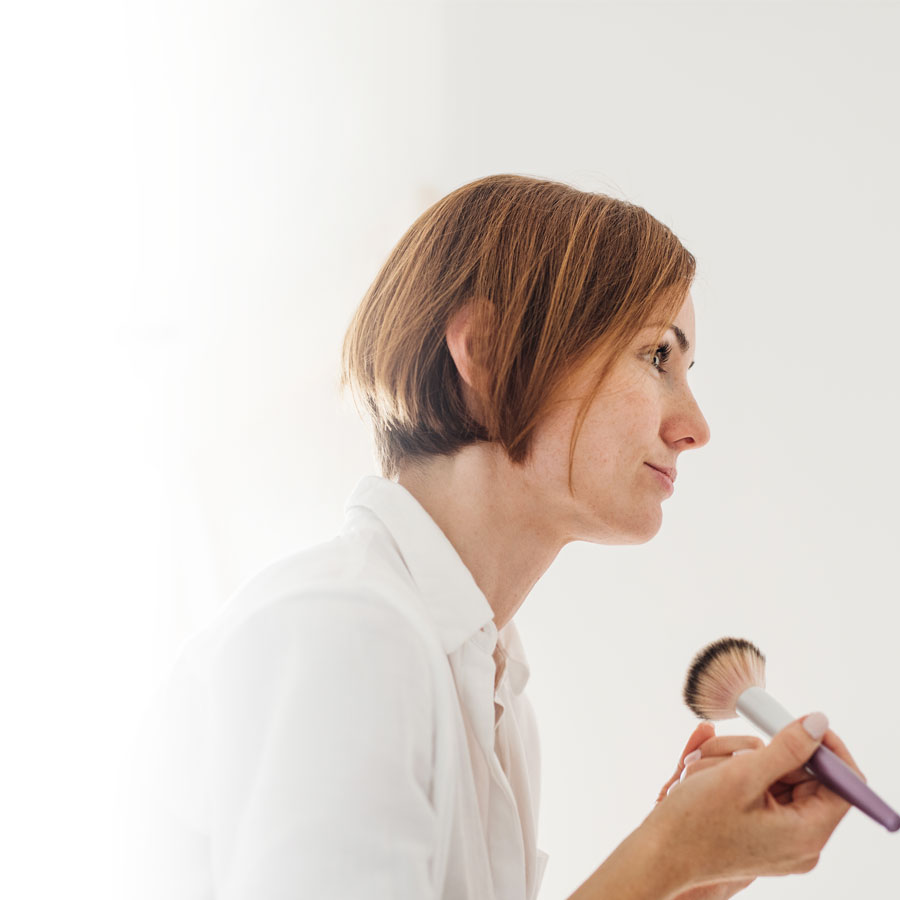Pro tip: Want to increase the nourishing effect of make-up? Simply add a drop of cosmetic oil to your foundation or BB cream.
Dryness, dehydration, sensitivity, aging, acne... Discover pro tips for a beautiful skin, whatever its condition!
Dry skin
Dry skin is thin, often tight and has dilated pores. The reason? It does not produce enough sebum.
Take care of your skin before applying make-up...
- By regularly scrubbing it or exfoliating it with a mild glycolic acid product. This active ingredient helps to eliminate dead cells on the surface of the epidermis, which then becomes more receptive to treatment.
- By smothering it with a rich and smooth day cream. It will prevent the skin from absorbing fatty substances contained in make-up products, and will promote the hold of these products.
When applying make-up to dry skin, use creamy products for a boost of hydration. If skin is tight afterwards, spray thermal water or finishing mist.
Dehydrated skin
Due to specific factors such as climate, the skin does not lack oil, but rather water (oily skin can also be dehydrated!). Result? It loses radiance, cracks on the surface and flakes.
Take care of your skin before applying make-up with an intensive quenching treatment. Two to three times a week, smother skin with a hyaluronic acid mask to plump it and replenish it with water.
When applying make-up...
- Use a water-based foundation. In addition to quenching the skin, this product maintains a certain transparency when applied: flaking, when present, is not accentuated.

Skin aging
Over the years, skin loses elasticity, firmness and hydration. Wrinkles then begin to appear and the contours of the face become less structured.
Take care of your skin before applying make-up with quenching and filling products: masks, serums or creams.
When applying make-up...
- Choose liquid formulas: they cover more effectively than creamy textures, which become encrusted in wrinkles and highlight them.
- Avoid dark colours, which reduce the radiance of the complexion, and use a sealant base on lips to prevent the infiltration of colour in fine lines.

Dark spots
Although they are more present on mature skin, spots have no age: they can appear on any skin damaged by the sun, where there is an overproduction of a brown pigment called melanin.
Take care of your skin before applying make-up by using, summer and winter, a high-index sunscreen: this will prevent the appearance of new spots.
When applying make-up...
Cover the spots with a bit of corrector: orange for dark skin and yellow for light skin.
Sensitive or intolerant skin
Redness, heat, burning sensation... sensitive or intolerant skin has particularly pronounced reactions to certain elements: temperature, pollution, cosmetics, etc.
When applying make-up...
- Use a mild, hypoallergenic, water-based foundation that is applied by tapping with a sponge rather than a brush. This gives a natural effect... and minimize irritation!
- Avoid shades that are too concentrated in red pigment, such as purple, pink or orange: this pigment, the strongest of all pigments, causes the majority of reactions.

Tip: Sensitivity is sometimes accompanied by problems like rosacea. In this case, speak with a health professional before establishing a beauty routine.
Acne-prone skin
Because it is often irritated and tends to be oily, take care of your skin before applying make-up...
- By choosing products that are soft, light and non-abrasive. To clean it, ideally use a toning lotion spray: it will minimize the inflammation caused by friction.
When applying make-up...
- Choose a matifying foundation and add a small amount of green corrector to reduce redness.
- Avoid oil-based formulas that can increase the shine of the skin, as well as cream textures and pearlescent finishes that accentuate imperfections.
